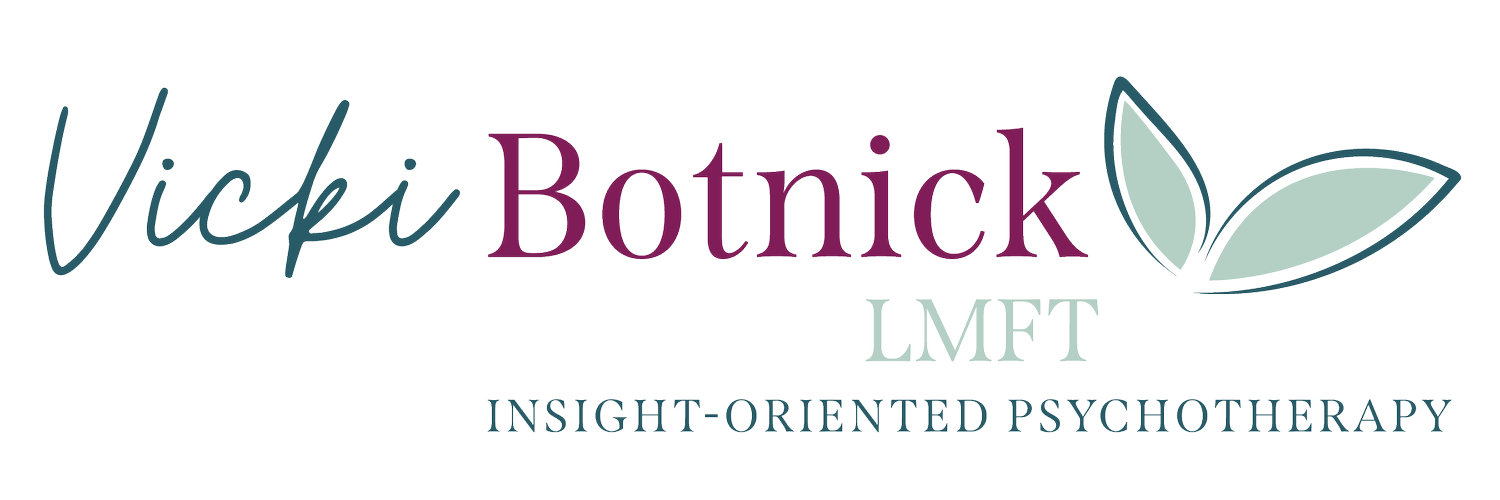Why Facebook Is Making You Sad
When social media was first introduced, it was hailed as a cure to loneliness, a new stage in globalization, and a step forward in world peace. Later, studies showed that too much time on sites like Facebook and Instagram could increase depression and cause addiction. What I find in my practice is some combination of the two extremes. Logging on can make people feel more connected, but as often as not, it leads to a particularly modern phenomenon: comparing our lives to others', and coming up short each time.
When my clients use social media, it can help them link to friends and family around the globe. For people with immobility or crippling poverty, internet posts and IMs are an important and inexpensive way to stay a part of the human race. We therapists are always suggesting that our clients improve their support system. "Pick up the phone," we urge. These days, messaging online is a good alternative to a phone call; yes, a human voice is nicer (and live presence even nicer than that), but in the end, contact is contact is contact. Getting an email or posting or even a "like" can truly brighten our day and make us feel cared for.
But Facebook can also make us believe we’re the only ones without a happy family, a great job, a beautiful home, a Hawaiian vacation. Everyone else looks so happy in their online photo albums, seems so successful on their Linked In update. It’s easy to compare ourselves to them and find ourselves wanting.
This is a danger because it isn’t real. Social media is by its nature a shallow medium, and shows only one, carefully cultivated side of people’s complex lives. Because many sites are also used for professional contacts, the images put up there tend to be positive and superficial. iPhotos of family get-togethers, posts about successes, messages to loved ones on special occasions. People pick and choose what they’re willing to put out there, to show themselves in the best possible light. Which means that if you’re sitting at home feeling like your life’s a failure, all you’re going to get from social media is a whopping case of envy and why-me’s.
As with everything in life, and especially with everything online, we have to look beneath the surface. There’s fantasy on one end of the spectrum (which is often what we see in public websites) and cynicism on the other end. In the middle is reality—everyone has both good and bad in their lives, everyone struggles sometimes. If we can live in this middle ground, this realistic view of both ourselves and others, we can give ourselves a break and feel happy for the triumphs of our friends.
If you’re ready to find support with therapy, schedule a free consultation here.
